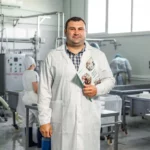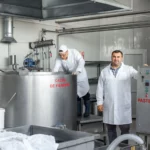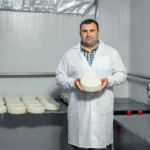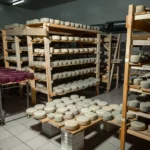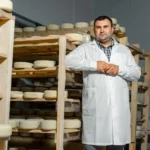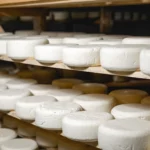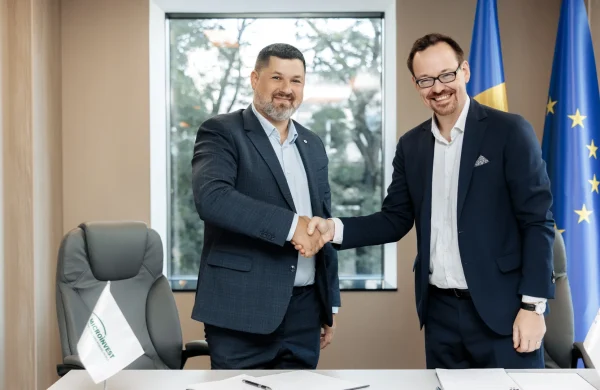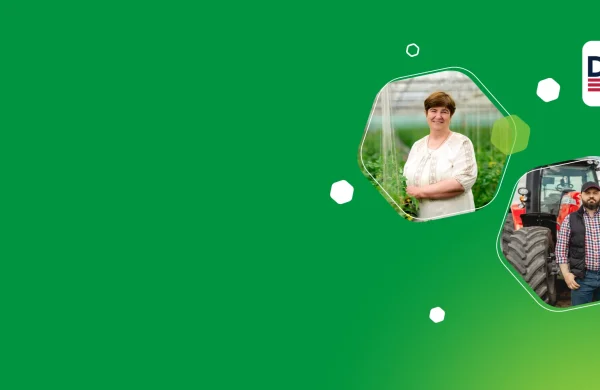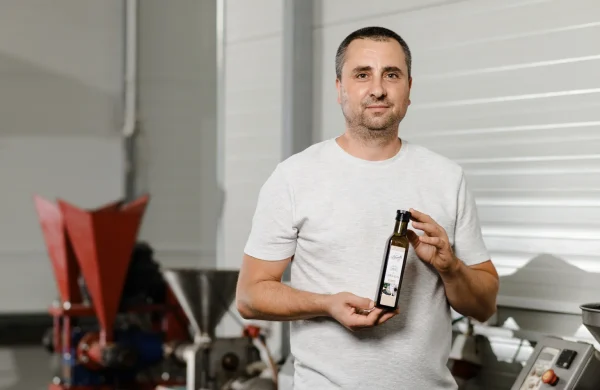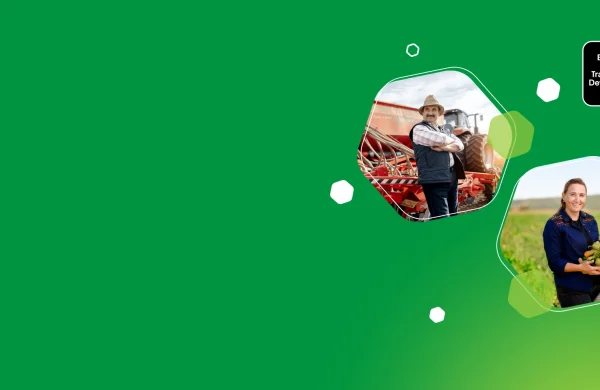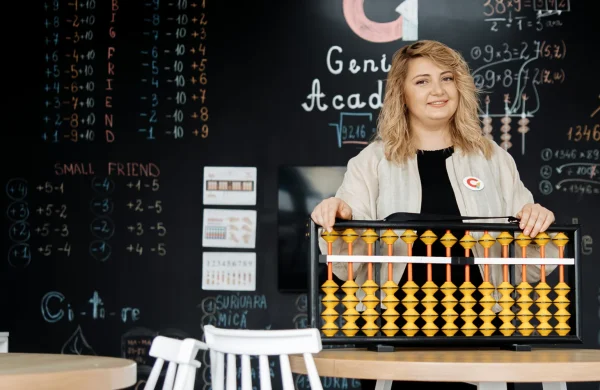The right to export cheese to the EEU countries was granted to Gheorghe Guzun SC G.M-COM SRL from Cimislia.
Gheorghe Guzun told us that the opportunity to export cheese to Russia, Belarus, and Kazakhstan appeared after inspectors visited his dairy processing plant in Cimislia.
“My company was included in the Rosselkhoznadzor register with the right to export cheese to the Russian Federation. In April, we were in Moscow at the Prodexpo international food exhibition, where we met a couple of potential partners. Now we are at the stage of negotiations to organize the first import of the Moldovan product to Russia. This autumn we intend to send the first batch of cheeses under our Original Sheen trademark. There is also one big company that wants to sell our cheeses under its own brand. It’s very important for us to send at least something this fall so we have an idea of how to work next season.”
Gheorghe is a physician by training. He said that he started his business activities by selling vacuum-packed sheep cheese.
“I got the idea to go into business in the early 2000s. The salary of a physician at that time was small and I began to think about what to do to feed my family. I thought a lot and chose to sell sheep cheese. At that time, due to the lack of regulatory documents, no one could officially sell it in the store. I started by developing all the necessary documents and storage procedures. When everything was ready, we were the first in Moldova to offer vacuum-packed sheep cheese on shop windows.”
In 2019, George Guzun opened his own mini-production for processing sheep and goat milk in the city of Cimislia, and in 2020 he began producing hard and semi-hard cheeses.
“We don’t have our own animals, so we constantly buy sheep and goat milk to make cheese. We work with milk collection points in Cimislia, Vulcanesti, Taraclia, Doina, and Borogani. Milk comes to our plant. This is followed by pasteurization and the cheese-making process itself. Then comes the aging stage, when the cheeses ripen at a certain temperature and humidity. We have special underground rooms for this purpose. On average, we process 3-6 tons of milk per day.”
Gheorghe noted that the purchase of milk requires permanent investment. Therefore, he often uses Microinvest loans, which are granted in the shortest possible time.
“Microinvest has been helping us out a lot for two years now. I take out a loan to pay for milk to individuals. This is very convenient. I think we will continue to work with Microinvest.”
Source: pavelzingan.md
![[:ro]Gheorghe_Guzun-client_Microinvest[:]](https://microinvest.md/wp-content/uploads/2021/07/1960x1000-6.webp)
